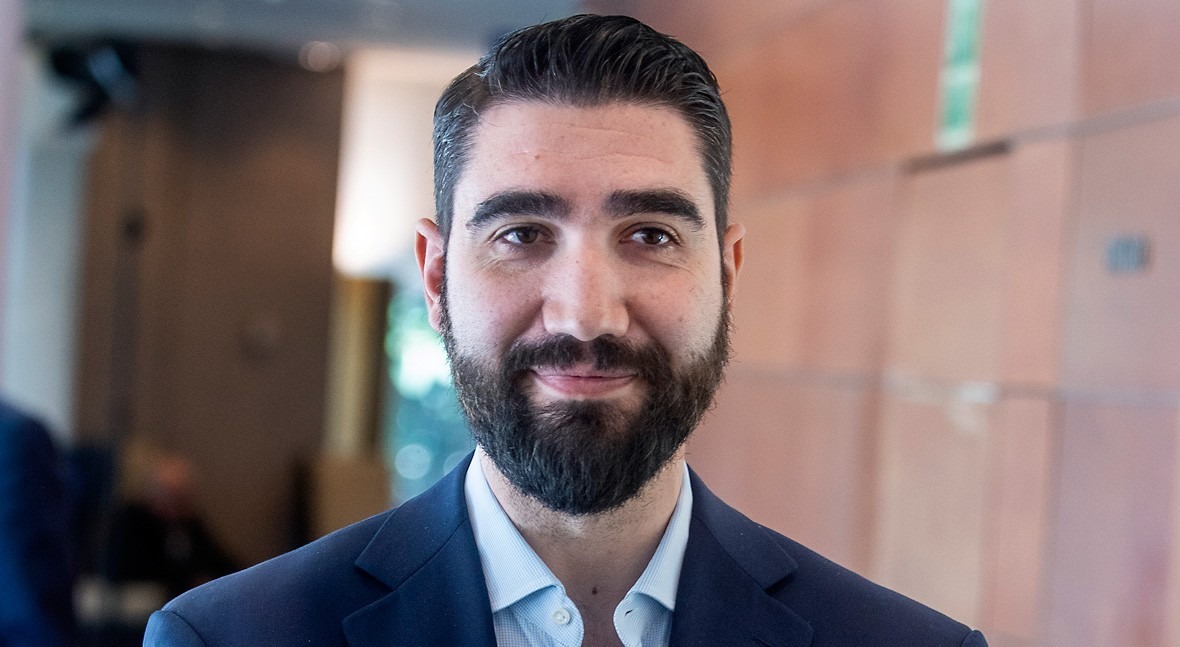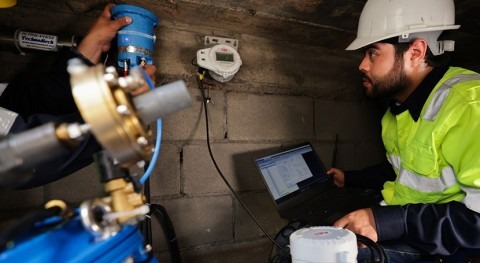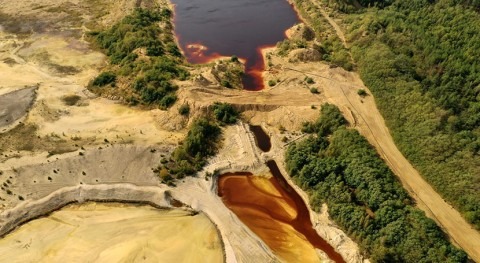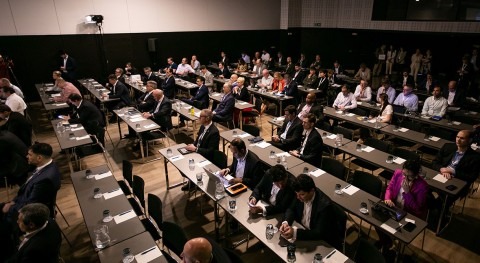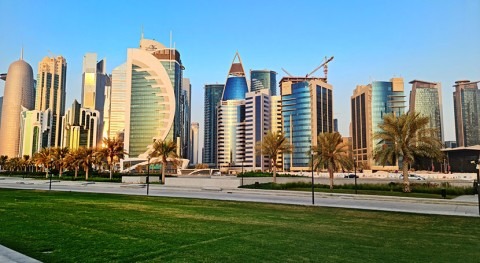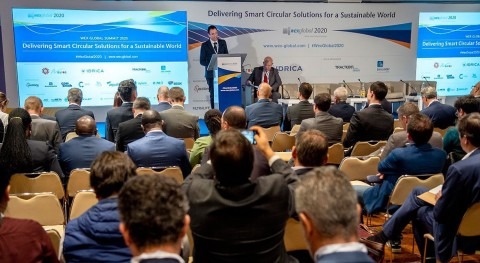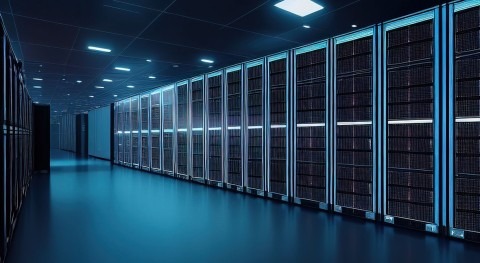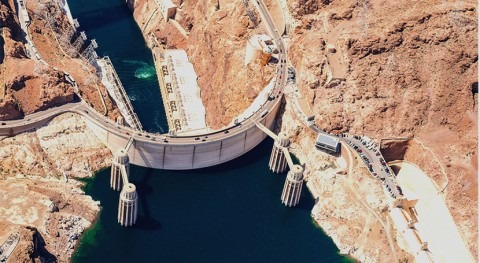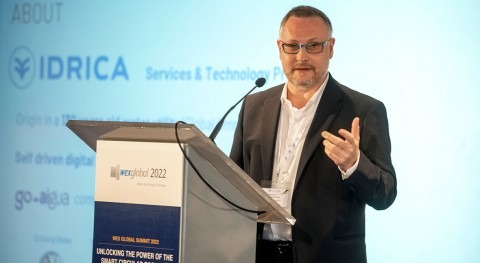Worldwide access to safe drinking water is one of the 2030 Sustainable Development Goals (SDGs). Colombia is close to achieving this goal and ensuring this resource throughout the country. In this article, Idrica's Business Development Director, Chema Nebot, shares his vision of the opportunities and challenges facing Colombia in terms of water distribution, reuse and the availability of safe drinking water.
According to Nebot, Colombia can be considered as an advanced region with very good access to drinking water and sanitation in urban areas. However, in rural areas, there is room for improvement. Moreover, the country needs to optimize processes and infrastructure, as well as making water utilities more efficient.
However, Chema Nebot points out the need to improve the situation in rural areas to avoid water stress in cities, given the global migratory trend towards these areas. To that end, it is key to invest in technology; not only developing software and installing sensors, but also improving processes. Idrica is working on implementing technology in rural areas of the Atlántico Sur region, which have poor resources, and has managed to offer a 24/7 water service.
How can technology make access to drinking water more efficient?
The Idrica expert states that, first of all, processes must be adapted to take advantage of new technologies, and secondly, employees must be trained. In other words, there must be people capable of using them. In this case, technology must be implemented across the utility itself.
It is key to invest in technology; not only developing software and installing sensors, but also improving processes
During the pandemic, the advantages of cutting-edge technology in water came to the fore. Nebot explained that the spread of the virus was monitored in Valencia (Spain) by analyzing Covid-19 levels in wastewater and isolating certain areas afterwards. Additionally, measuring water consumption enabled utilities to monitor unauthorized movements between municipalities during lockdown. This proves that technology can contribute in managing emergency situations.
The use of remote control systems has been also helpful during the coronavirus crisis because it has enabled operators to run infrastructures remotely without putting people at risk. In Latin America, the lack of micro-metering systems (used for domestic meter readings) has had an important impact on the utilities’ cash flow during the pandemic, as operators were not able to go to read meters in person due to the health situation. The availability of digital meter system also brings many other advantages, which are crucial in the current context. These include being able to offer social tariffs or discounts to customers, based on their financial situation.
Innovations and technology to control water waste
According to Chema Nebot, consumption metering is certainly one of the keys to controlling water waste, since it measures how much water is fed into a city and how much water is actually used. The figures for non-revenue water in terms of network losses are very high in Colombia and in many other regions, and this is one of the greatest issues in water terms. The situation is even more dramatic in some areas where desalination is used because it is more expensive to treat water.
Consumption metering is certainly one of the keys to controlling water waste, since it measures how much water is fed into a city and how much water is actually used
In addition to controlling non-revenue water, technology can also help to quickly locate a leak, and even estimate repair times and processes, as well as pinpointing which citizens or industries the leak is affecting. This is another of the major advances that Idrica is trying to implement.
In short, many technological advances are being made to detect leaks more quickly, and to actually prevent them using artificial intelligence. This is possible thanks to the ability to process large amounts of data, which is a huge breakthrough in today’s technology.
Towards responsible water consumption
Nebot also talked about environmental awareness, a global trend that has also an impact in Latin America. In his opinion, 21st century citizens are "machines that consume information" and have access to their consumption figures even on their cell phone. Similarly, the availability of water consumption data at domestic level, thanks to digital transformation, will help to reinforce social awareness. For example, citizens will be able to enable or disable services, receive alerts and even set a consumption threshold using mobile applications.
In short, the case of Colombia shows that digital transformation in the water industry does not only benefit utilities. Instead, it has a global reach. Idrica, through its GoAigua technological solution and its integrated water management services, plays a key role in helping the regions it operates in to meet the sustainable development goals.


